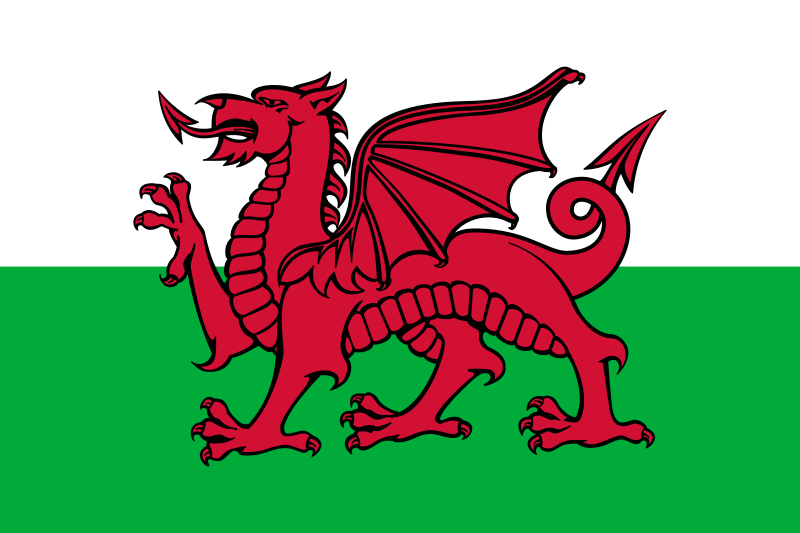The copy editor is in.
I'm presenting occasional posts on the use of English,
not to be pedantic but just for the fun of language.
Ok, I'm going to enlighten you as to the correct phrase for accusing someone of skipping on a bet, and then we all have to agree not to use it.
The fact is, both "welch" and "welsh" as verbs have a similarly long history, but etymologies track both back to suspecting residents of Wales of being cheaters.
According to the OED, the term "welsher" was being published at least as early as the 1850s in racing parlance, and welsh and welch developed from there, not long after. If I had to choose, I'd say "welsh on a bet" is the more accurate form (as opposed to "welch on a bet"), if by accurate we're not referring to how well it describes the actual Welsh.
I love that the OED and Merriam-Webster label this use "sometimes considered offensive." I guess whether you consider it offensive depends (a) whether you know what it means (I'm sure a lot of Americans assume it has something to do with grape juice) and (b) whether you're Welsh. I remember when I first learned it was "welsh" and not "welch" that I thought, "Well, that can't be right. Because isn't that saying people from Wales are all cheaters? … Ohhh."









